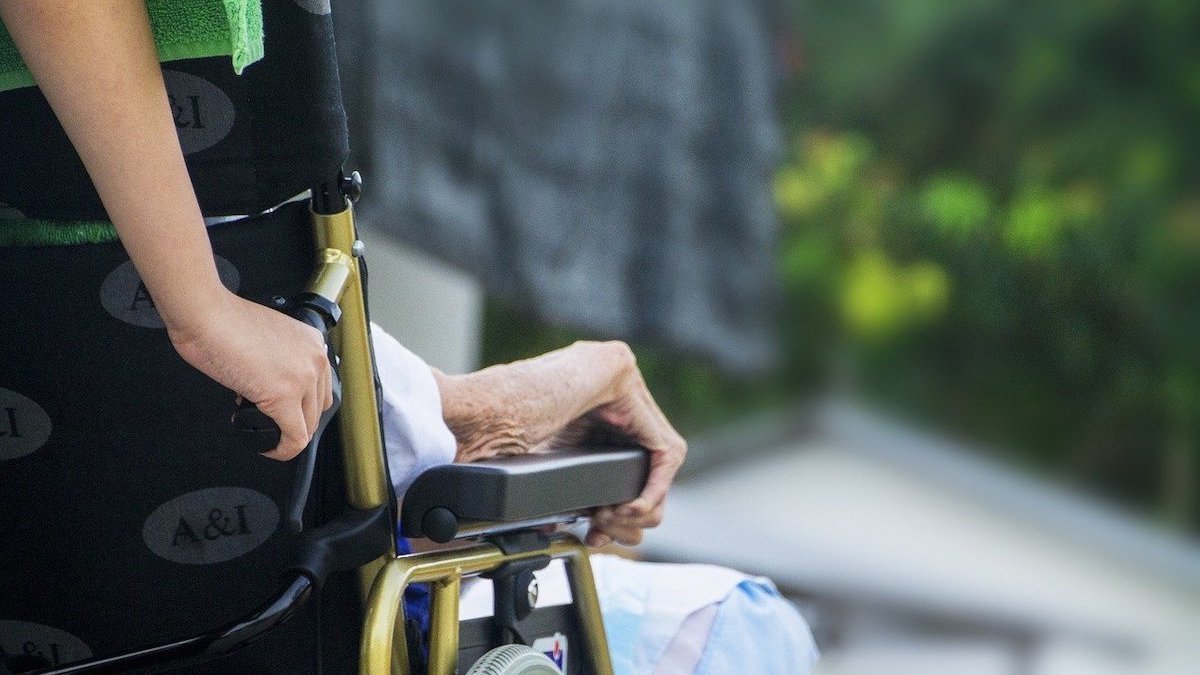
A new model to increase the numbers of terminally ill receiving additional services while in hospice care is being rolled out across the country.
More than 80 hospices are currently taking part in the Medicare Care Choices Model (MCCM), which allows Medicare recipients to continue to receive other services while in a facility, according to the Centers for Medicare & Medicaid Services.
Under current rules, Medicare or eligible Medicaid beneficiaries cannot receive payment for other care linked to their terminal illness while receiving services under the hospice benefit.
The Centers for Medicare & Medicaid Services (CMS) is testing the new option at 82 hospices that will allow patients to receive hospice care along with other services.
"CMS will evaluate whether providing these supportive services can improve the quality of life and care received by Medicare beneficiaries, increase patient satisfaction and reduce Medicare expenditures," the center said.
According to the CMS, the model is aimed at increasing access to support care, improving the quality of life for the patient and help families and providing information on how might new payment methods for Medicare and Medicaid be handled.
"Recent MedPAC reports indicate that fewer than half of eligible Medicare beneficiaries use hospice care and most only for a short period of time," according to the CMS.
Under sections of the Social Security Act and the Affordable Care Act, the CMS was authorized to explore different methods of payment and service delivery, with the goal of reducing costs while maintaining quality of care.
Those hospices involved in the model program are now allowed to provide services such as routine home care and respite, which cannot be separately billed under Medicare Parts A, B and D.
"Model services are available around the clock every day, with the CMS paying a per-beneficiary per-month (PBPM) fee ranging from $200 to $400 to participating hospices delivering the services. Due to robust interest, CMS originally expanded the model participation from an anticipated 30 Medicare-certified hospices to over 140 Medicare-certified hospices and extended the duration of the model from 3 to 5 years. In June 2020, CMS extended the model for an additional year, through 2021," the government agency said.